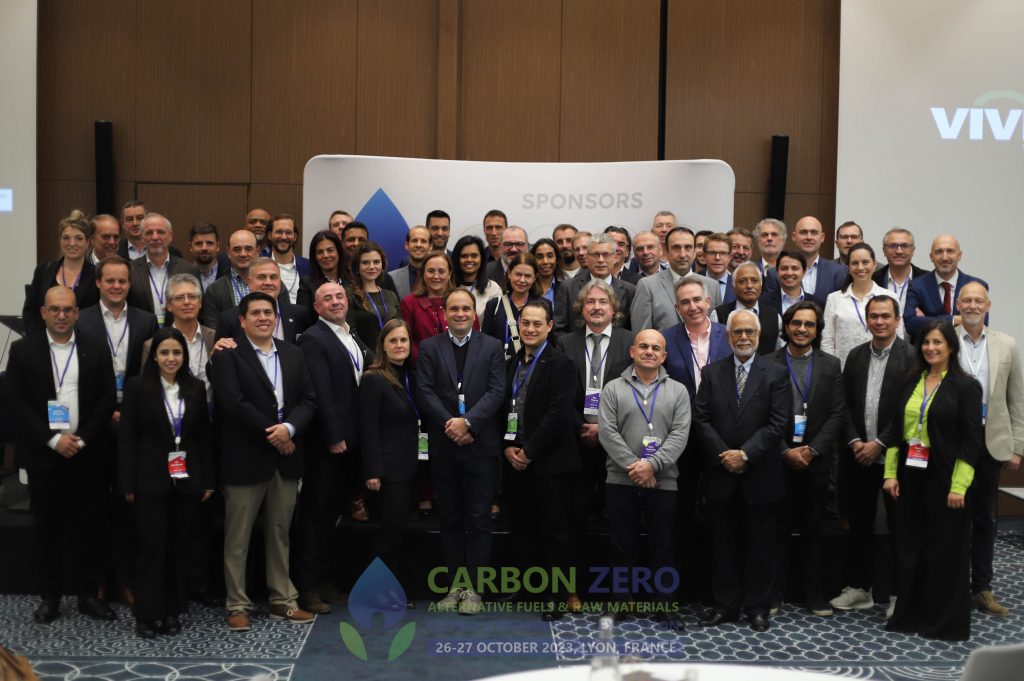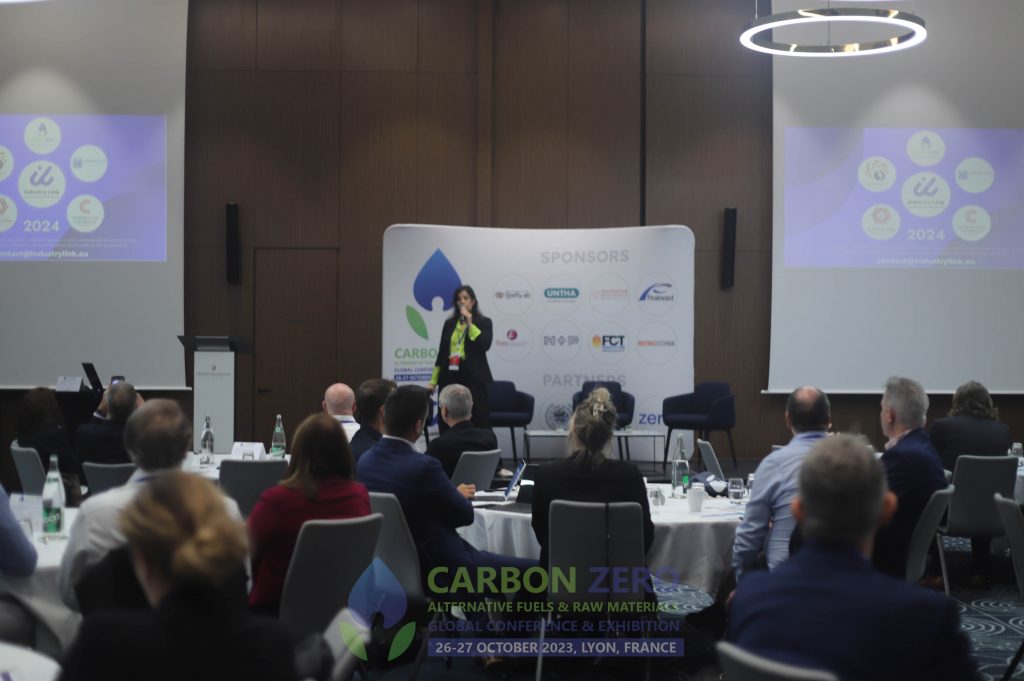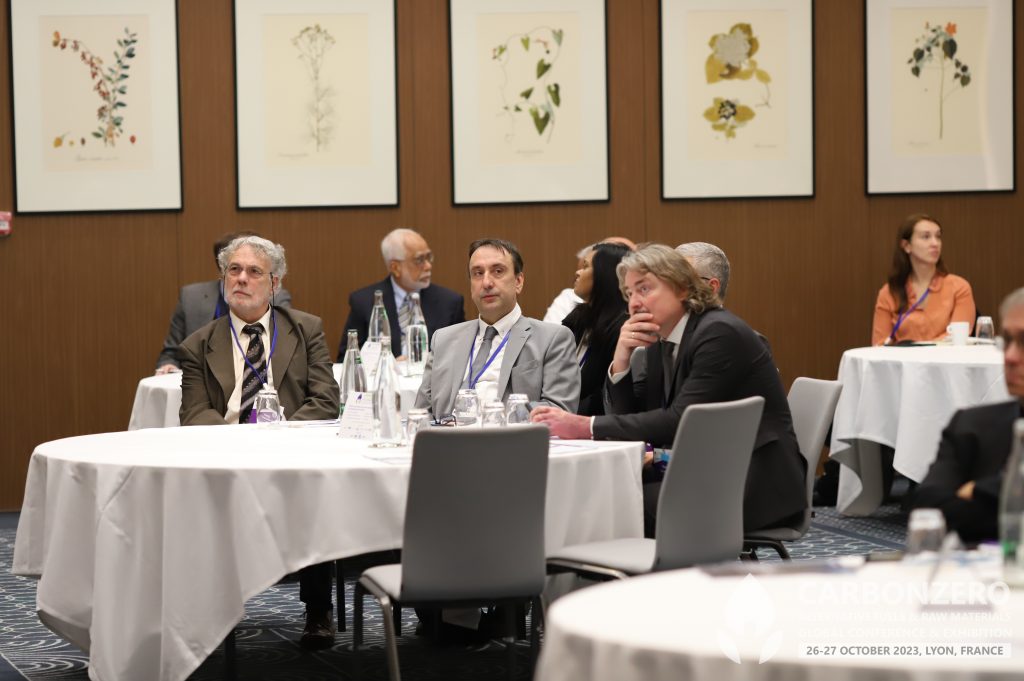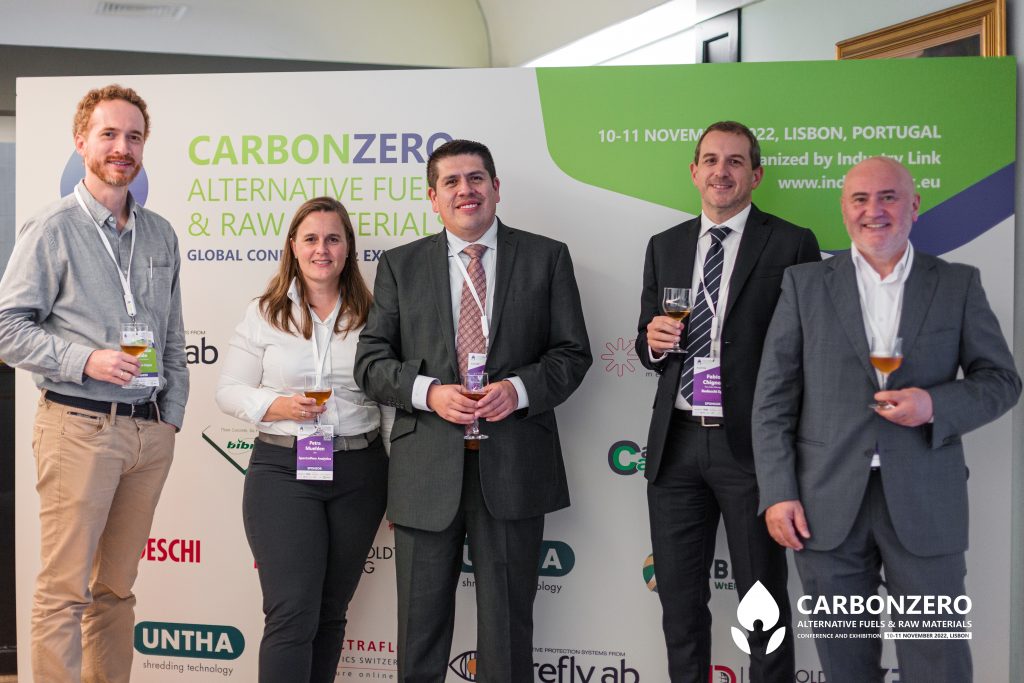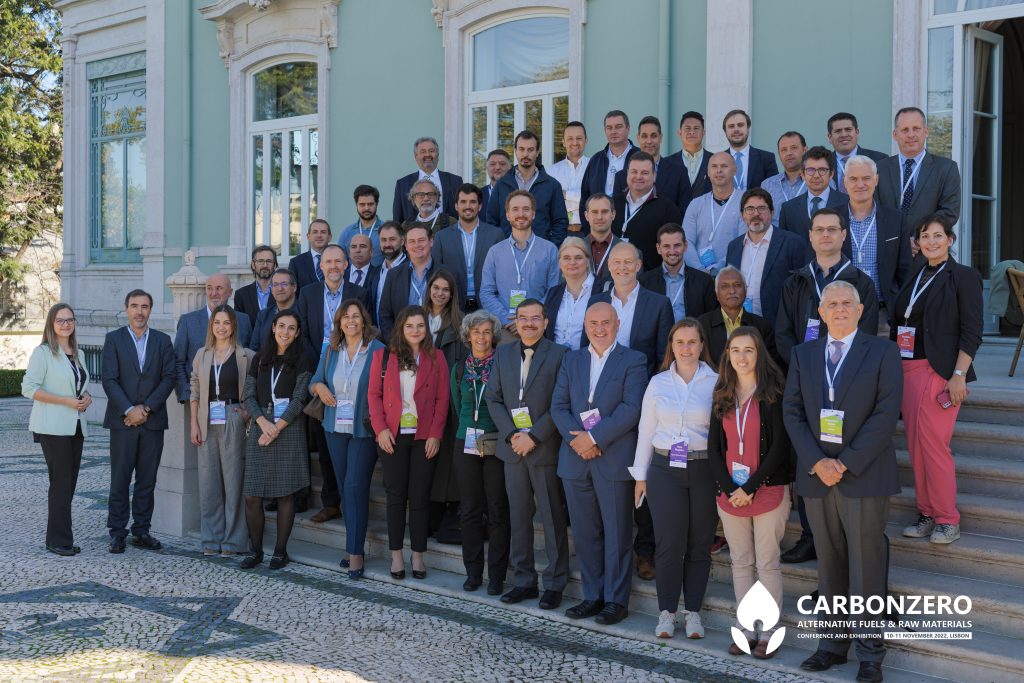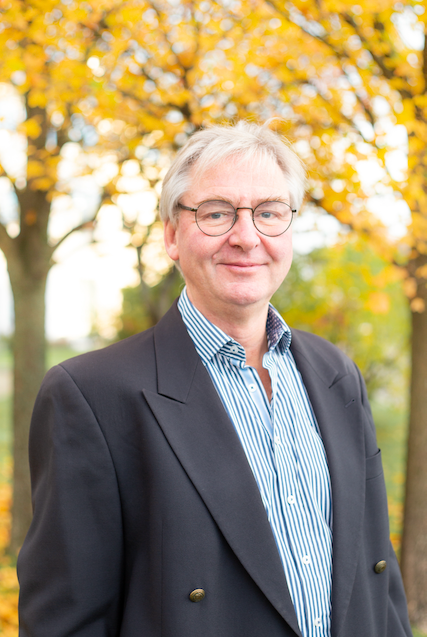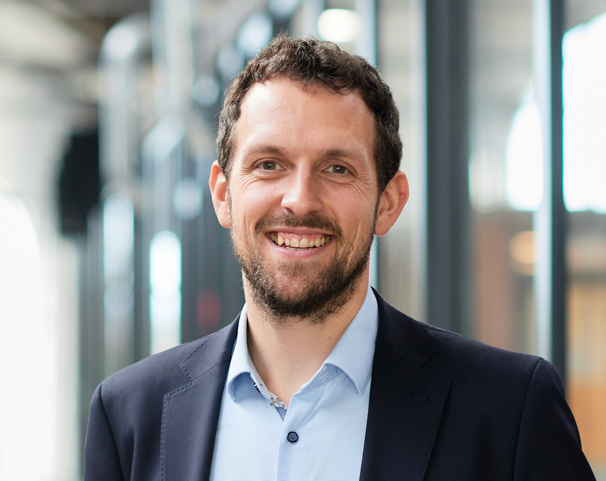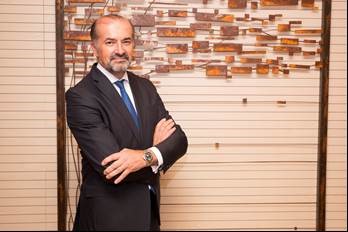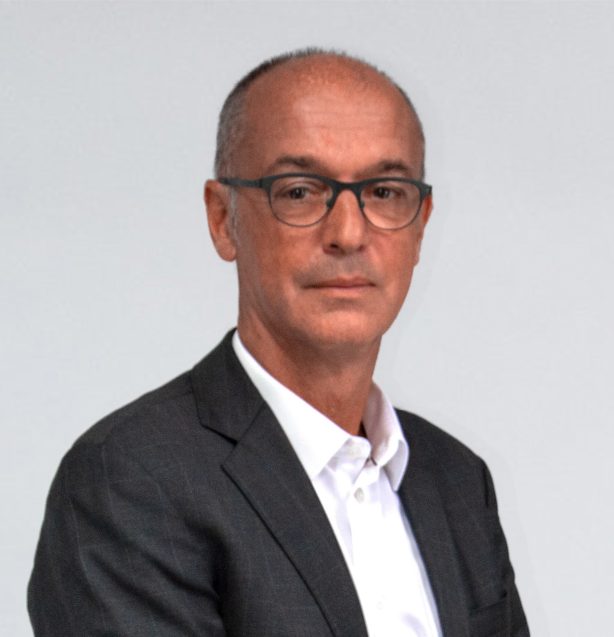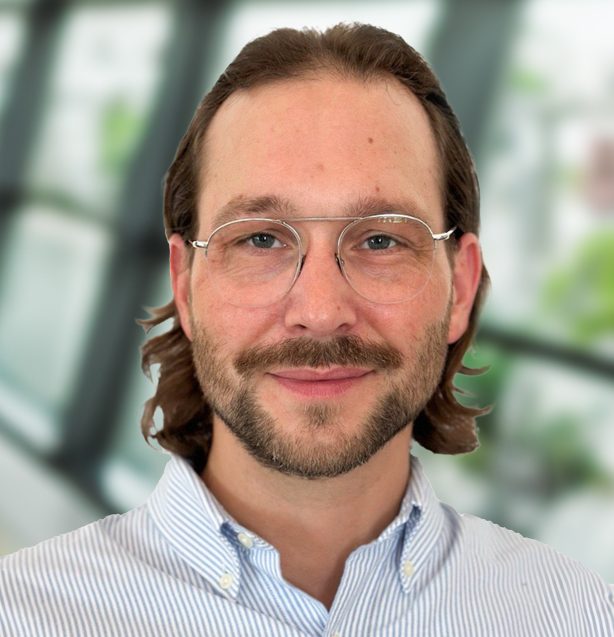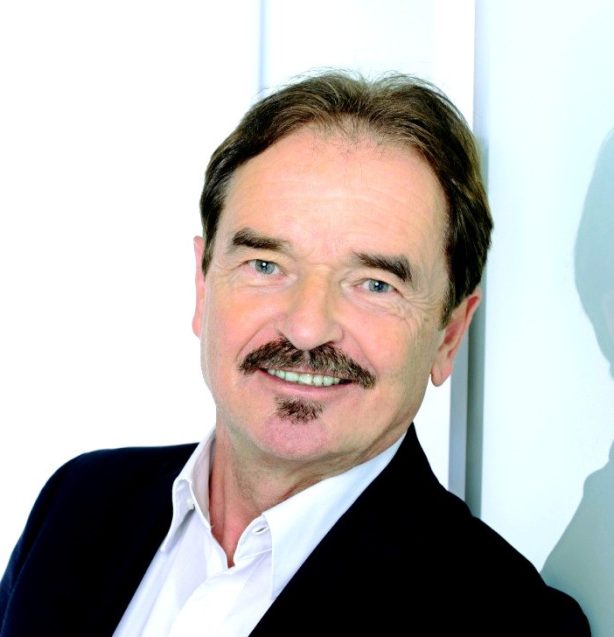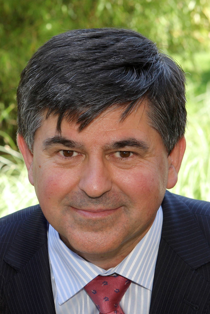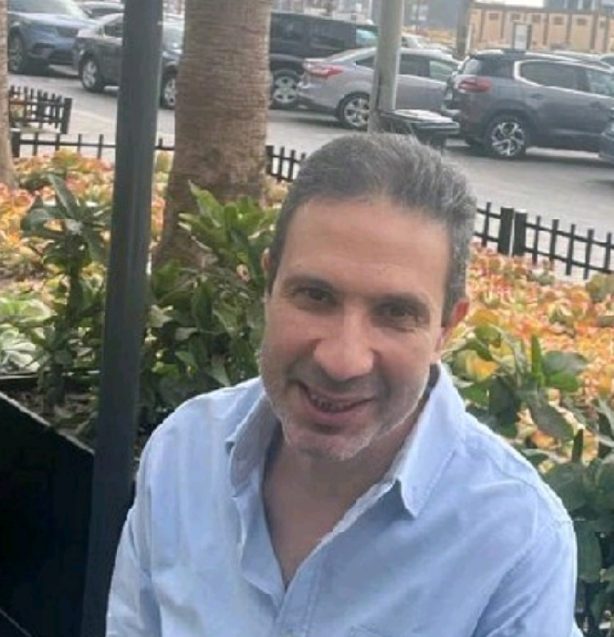
“I’ve been to many of them but this edition was unique: format, interaction, networking”
“Congratulations on a great event. We made some valuable contacts and very much enjoyed the 2 days.”
“I firmly believe that a conference of such magnitude and relevance could greatly benefit countries as ours“
“A very unusual format for that very focused and relevant conference. Nice quality papers and excellent networking”
With a sold-out edition in 2023 and a hugely successful attendance in 2022 and 2023, CarbonZero Global Conference and Exhibition : Alternative Fuels and Raw Materials continues to make a stand for the transition to NetZero as a innovative and unique concept. The event brings together C+ executives and decision makers from cement manufacturing companies, environmental specialists, equipment and technology producers as well as Innovation, Research and Development, Academia, Authorities and Think tanks to give a 360 degree approach to what it means to transition to NetZero. CarbonZero is redefining the conference approach by prioritizing international decision makers and innovators to meet and exchange ideas that shift the world to change.
On October 10-11, 2024 companies and strategies that aim for green alternatives in Cement and Construction, from alternative fuels to using alternative raw materials or clinker alternatives, will be giving a new life to old resources. Today’s waste turns into tomorrow’s raw material.
USA, Martinique, Colombia, Brazil, South Africa, Indonesia, Pakistan, Hong Kong, India, Saudi Arabia, UAE, Nigeria, Egypt, Greece, Romania, Poland, Austria, The Netherlands, France, Germany, Belgium, Italy, Switzerland, Spain, Portugal, Sweden, Ireland, UK, are the countries represented C+ executives to this plenary event.
Platinum Sponsor Eco Material Technologies
Gold Sponsors: MAC Valves, Qlar Group/Schenck Process, FCT Combustion, Firefly AB, Untha Iberica
Coffee Break Sponsors: Cross Wrap, Peakward Enterprises
Lunch Sponsor: Votorantim Cimentos
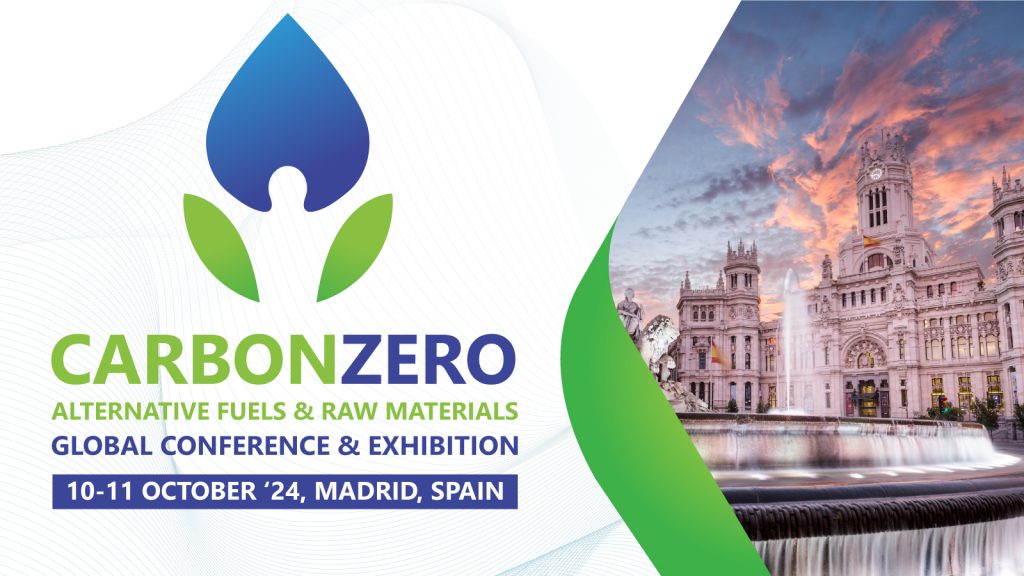
Ask for your specific rate at contact@industrylinj.eu as we have separate rates that are dedicated to producers and suppliers. Suppliers speaking slots are limited to 8, so make sure you secure your spot by getting a sponsorship package – details are available at carbonzero@industrylink.eu.
Why participate?
Cement producers, Infrastructure and Construction, Mining : Learn about new materials, initiatives and case studies from leading companies in showcasing how to take advantage of a sustainable circular economy. Meet top experts, discuss the latest developments and challenges in product manufacturing and technology applications, see specific case studies from international key markets.
Cement and construction suppliers: Meet decision makers, learn from case studies around the world. See the Sponsorship brochure and discuss with an Industry Link team member to help you decide on having a spot as a sponsor or exhibitor.
We welcome presentation suggestions and topics as well as reputed professionals who should be leading the panel discussions on site.
Register as a delegate at contact@industrylink.eu or carbonzero@industrylink.eu or by purchasing the ticket here via credit card – our team is ready to assist you.
Sign up to our newsletter to receive the latest news and future events info as well as exclusive discounts.
A new and innovative approach
The primary goal of the CarbonZero Conference and Exhibition is sharing best results among companies, networking and creating new business opportunities. We will have an amazing time with a sperate business lounge and working space, where attendees can have on demand business meetings and one-on-one discussions. We are adding networking breaks, social time and dynamic interactions with the industry stakeholders.

Madrid, Spain, Cibeles Plaza
Industries
- Alternative Fuels, MSW, RDF, Hydrogen
- Cement
- Construction
- Iron and Steel
- CCUS
- Equipment, Solutions and Technology
- Logistics and Transportation for Cement
- Mining
- Academic Research
- Think tanks, policy makers, government and associations
About past editions:
Participating companies:
Agora Energiewende, ABREN, Bedeschi, Câmara Municipal de Lisboa, Cimsa, Cementos Argos, Cementos Progreso,, Cimpor, CIRCLUA, Cemex, Geocycle, Dalmia Cement India, ECERA, Firefly, Heidelberg Materials, Holcim, KHD, ThyssenKrupp, Kreisel, TerraSource Global, Jeffrey Rader, MedCem Global, ENSE – National Entity for the Energy Sector, Ministry for Environment and Climate Action, Instituto Tecnico Superior, Schenck Process, Romcim, Secil, SpectraFlow Analytics, Titan Cement, Untha Shredding Technology, Vicat, Votorantim, ZERO, ZKG.
Countries represented: France, Italy, Germany, Switzerland, United States of America, Brazil, Mexico, Colombia, Turkey, United Arab Emirates, India, South Africa, Nigeria, Romania, Austria, Greece, Poland, Malta, Sweden, Spain, Belgium, Netherlands, Albania.
















